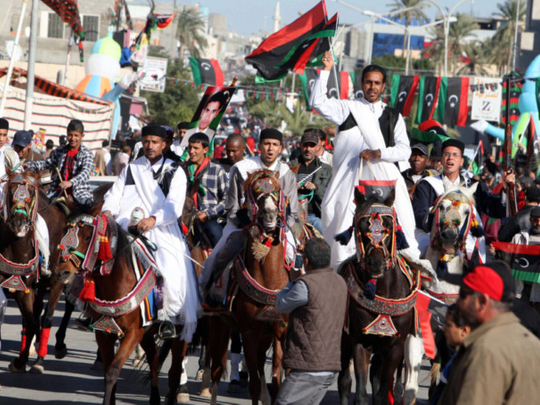
Islamic finance is a relative newcomer to the world of finance. But, there is no such thing as a late comer. Here’s a look at three emerging, non–traditional markets for Islamic finance.
Ireland
The sweet spots for Islamic finance are real estate, energy and aviation. It is also tax neutral vis-à-vis conventional finance. In real estate, the government is privatising parts of its energy infrastructure through an investment vehicle. The assets for sale are ostensibly Sharia-compliant. Furthermore, the Real Estate Investment Trust (Reit) legislation was included in the 2013 Finance Bill for the first time.
Energy generation is a capital-intensive business that requires a government off-take agreement. The UK is looking to site wind farms in Scotland or Ireland. In addition, there have been oil and gas finds off the Irish coast. Sharia-compliant funding can be utilised in financing all these industries.
More than 50 per cent of the world’s commercial aircraft fleet is managed from Ireland ($83 billion (Dh304.78 billion) in assets). With many conventional banks retrenching at the moment and air passenger numbers only going one way, the world’s commercial fleet will need funding from other sources.
Typically, the tenor of new narrow-bodied aircraft is 12 years. This longer term paper will be of interest to numerous Sharia-compliant pension funds.
Ireland is also the European home of many of the world’s top international companies, including 250 major financial services companies looking for new sources of funding.
Libya
The government is attempting to introduce Islamic finance as the sole banking method in the country. They will require help from countries with established Islamic banking systems in getting their legislation and operations set up efficiently.
Libyans own a vast pool of assets spread across the world and with their mineral wealth surely many billions more will be put to work in the future. Perhaps a portion of this wealth will be put to work in a Sharia-compliant manner and this allocation will require a great deal of Islamic finance expertise. The funding of reconstruction works and strategic big-ticket items can also be structured in a Sharia-compliant manner.
Australia
With its vast mineral wealth, Australia has a huge number of mining operations. Funding for machinery is ideal for Sharia-compliant financing, as are the commodities pulled from the earth and their logistics train.
National Australia Bank has gotten the ball rolling with its maiden sukuk, and other corporates are looking to follow suit.
Sharia-compliant financing opens the door for Sharia-compliant projects to obtain financing from another source. Diversifying your funding sources makes commercial sense.
— The writer is Associate Consultant, Amanie Advisors









